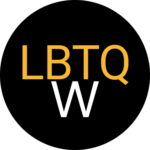Rolling With The Punches
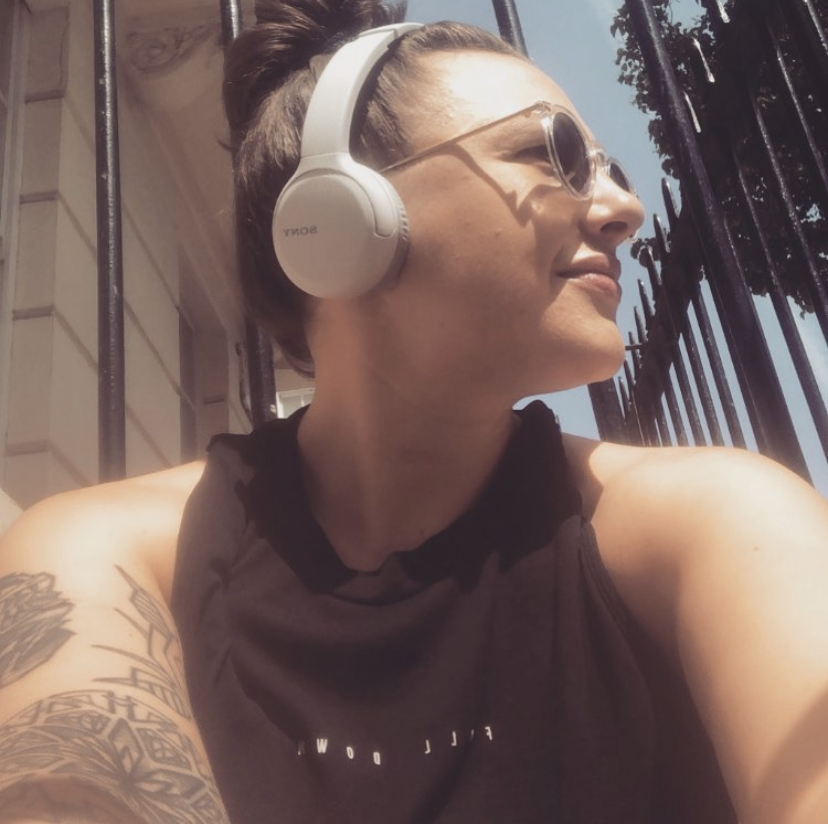
Interview with Zoe Puckering “No one is too tough to talk,” said Zoe Puckering, opening up about her successful battle with depression. “Just because you are a woman, doesn’t mean that you will naturally disclose to people how you feel. That’s just not true.” Zoe is 29 now and grew up in West Yorkshire, in an environment where no one talked about their feelings; she says, “It just wasn’t tough to say that you were having a hard time”. The mental health advocate knew that she was gay from an early age and was having an internal battle with the guilt of it all. “There was a massive stigma with being gay; there were no role models around me, and I didn’t know anyone who was. I would sneakily watch The L Word when my family went out, because I felt that hiding it was the best thing I could do because I felt ashamed.” Zoe goes on to reflect on how different it appears to be now, only nine years later, with role models and LGBT+ characters appearing in more TV programmes and the media, making all the difference. “It just wasn’t like that back then in rural Yorkshire,” she added. Zoe believes that the pressure of holding back this knowledge about herself and not coming out to her parents until she was at University and had a girlfriend, was a key factor behind her mental health issues that were building for years. She was argumentative, tired, couldn’t sleep, felt defensive and continually low. She said that she didn’t have a “good day” for several years, leading to a critical point where she attempted to take her own life – which, thankfully, didn’t work. It was at this point that an overwhelming feeling of guilt swept over her -what would her family and friends have done if she had? They would have been devastated. She knew she had to get back up and get some help. Zoe went to see her GP and told him a few details, but still not being fully honest ,as she was still feeling defensive about the true extent of her feelings. He gave her some tablets, which she didn’t take, but the conversation was enough to get her started on the road to recovery. She had a feeling inside that she wanted to kick this herself. At the time, Zoe focused on her rugby training, improved her diet, shifted some weight and booked herself on a course to become a personal trainer. She knew almost instinctively that there was a link between physical health and mental health and that, even if that wasn’t the complete solution, it helped. “If I feel physically fit, I must feel mentally fit,” she thought. “Sport and training is a massive distraction and the endorphins give you a lift.” Zoe left Uni and went to Canada for a while playing rugby but, on her return, she was looking for something more. She didn’t want to pursue law, which she had studied; she became a personal trainer for a while before moving into headhunting and then employee benefits and wellbeing and mental health at work, which is where she found her calling. She moved to London with her new career and was trying to find a sports club, but had no luck finding the right “fit” with a rugby club. She then saw an advert on Facebook for a “white collar” boxing match in aid of the charity Refuge. She signed up. After a couple of fights, she found herself addicted and joined Rathbone Boxing Club, where she was given an amazing opportunity. Zoe appeared on a video about mental health inspired by Tyson Fury called “Off the Canvas” . Zoe admires Tyson as a fighter; “His movement as a heavyweight is incredible and it was so inspiring to see him get back up on his feet in the first Wilder fight. He has been an inspiration, discussing bipolar and depression openly, I honestly think he got back up because he’d already been through worse”. Zoe says “I like fighting, because it’s mental and physical. It takes mental strength to stand toe to toe with someone who’s trying to hurt you”. Zoe is a light heavyweight amateur boxer waiting for her next fight. I asked Zoe, “What’s it like to get hit?”. She replied calmly, “I guess I can face into it, because I feel I have already gotten through worse. I also have a tolerance for broken bones and injuries from playing rugby. I don’t flinch. Besides, I don’t get punched in the face that often!”. She is now happy and living and working in London, doing a job she loves, but wants to say to anyone who is reading this who is feeling low and doesn’t know what to do, “It takes more courage to talk than stay silent. Don’t tell yourself you are being strong because you are not talking – that’s not true. Talk and hold your head up. Ask for help”. Samantha Grierson You can see Zoe in this video: CLICK HERE
Q&A with Jacquie Lawrence
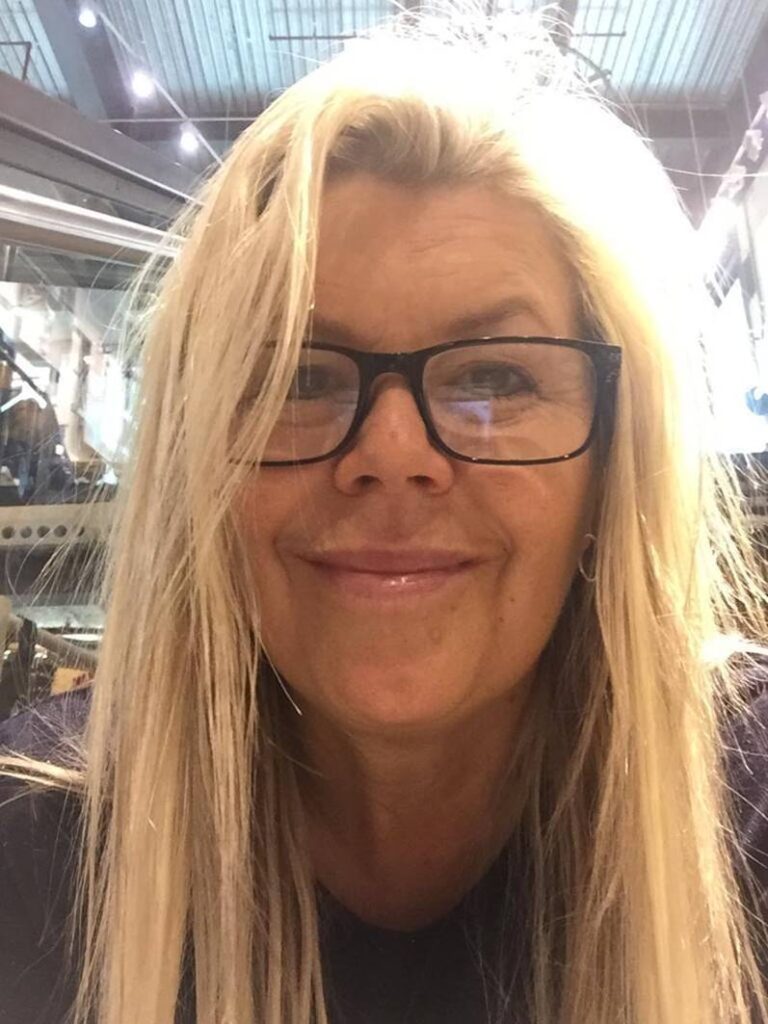
Jacquie Lawrence is the Former Commissioning Editor at Chanel 4 and Sky One, BAFTA Award winner as producer of Ross Kemp—Kemp on Gangs, author of “Difference for Girls, Same but Different” and others, and proud mother of two
Q&A with Amber Hikes
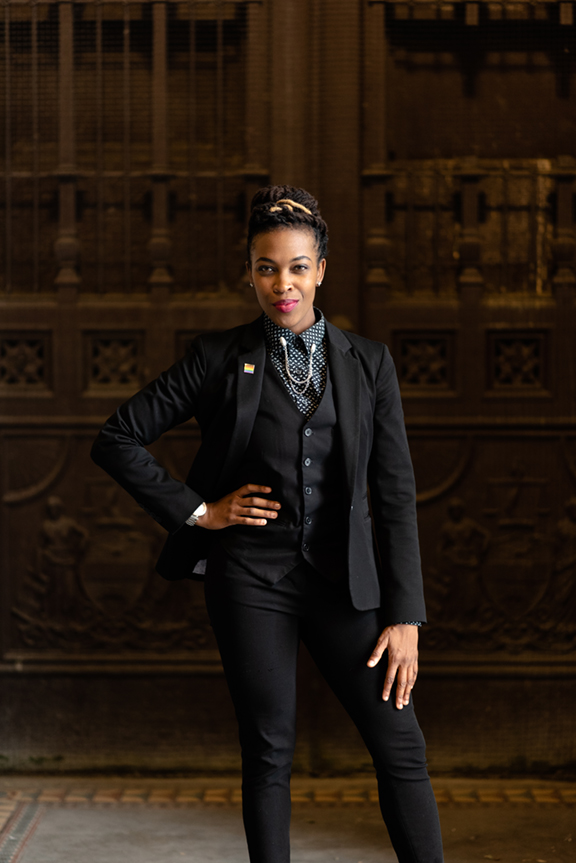
Our Hot Spot this month is the extraordinary activist, Amber Hikes. Many of you will be familiar with her, either from her speech at our House of Commons party last year, or her creation, the More Pride More Colour rainbow flag.
Q&A with Monica Boll
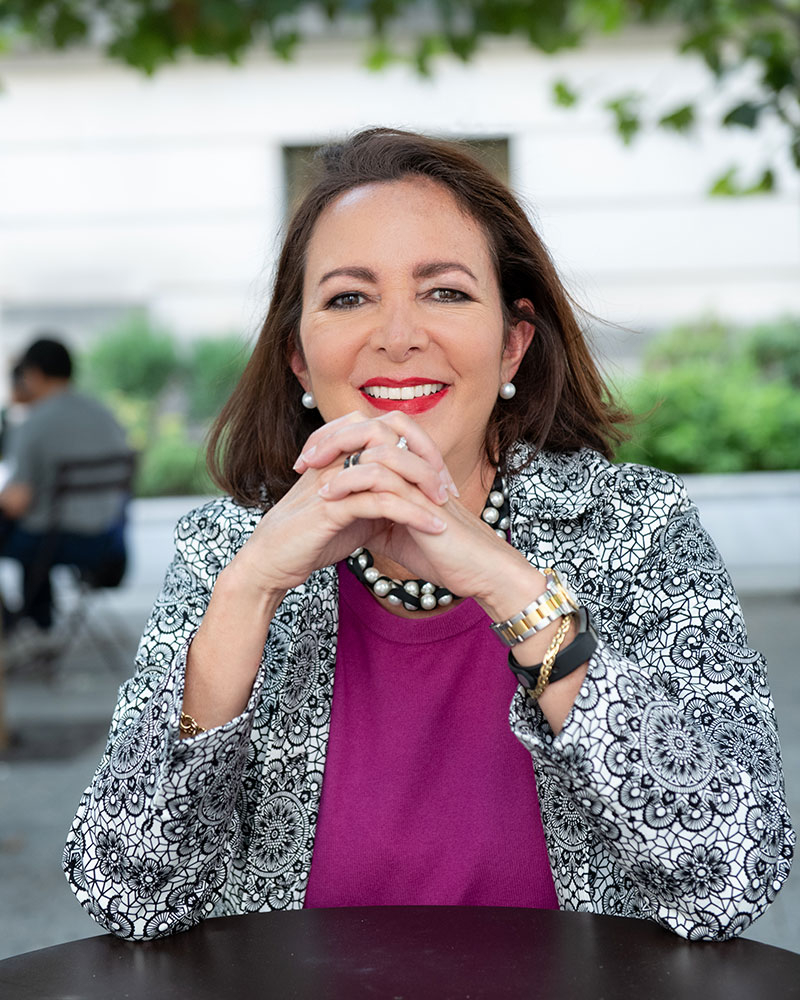
Monica is a Managing Director at Accenture and serves as the global sponsor for the firm’s Pride network. She is an active member of the Human Rights Campaign and volunteers with several LGBT+ non-profits.
Q&A with Antonia Belcher
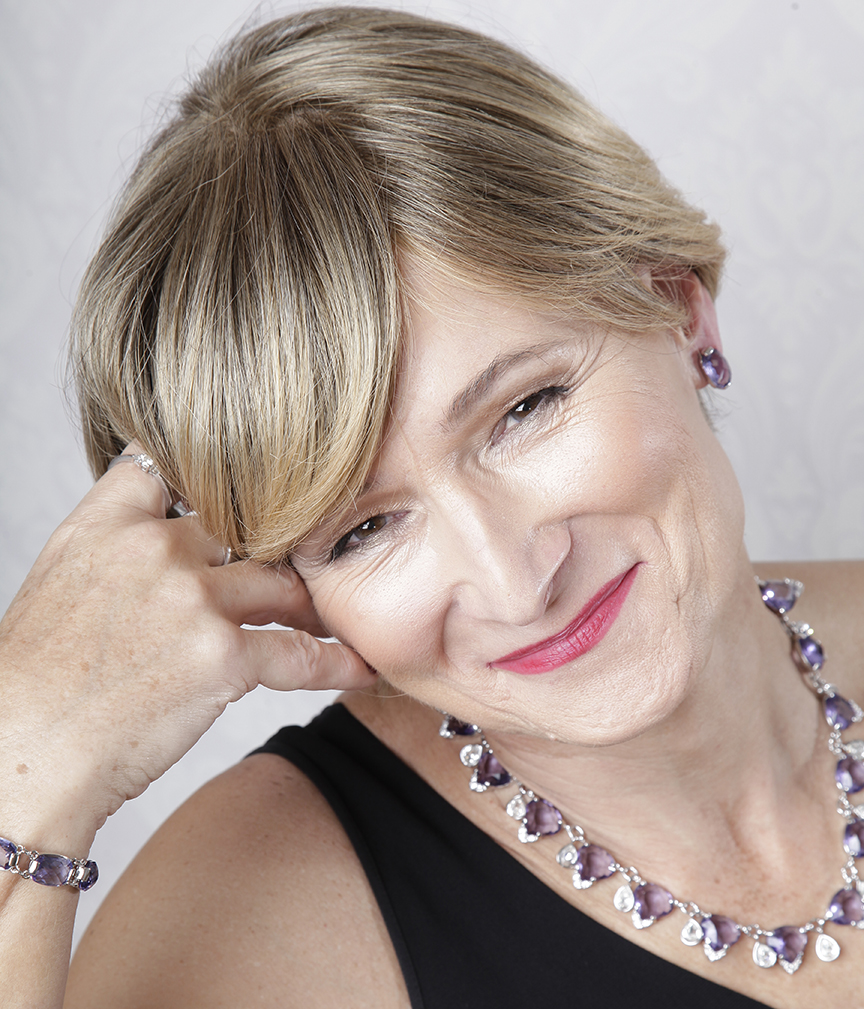
Antonia Belcher is a founding partner of Building Consultancy, MHBC, and has over 40 years of experience in the construction and property sector. Since her transition in 2000, she has been dedicated to the promotion of diversity in the workplace and is a driving force and champion for LGBTQ issues.
Q&A with Erin Uritus
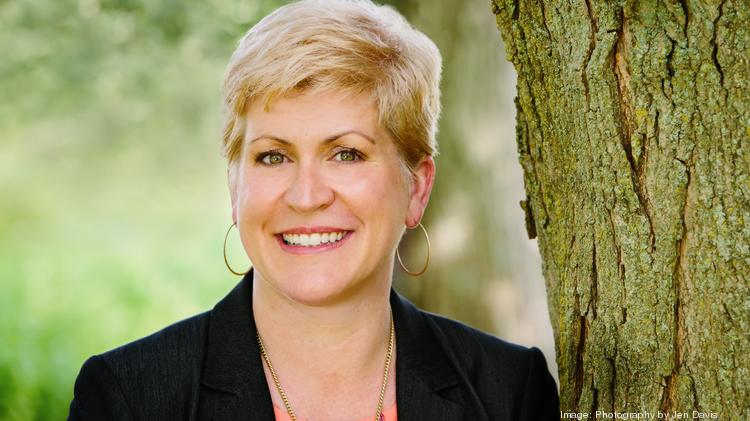
What has been the highlight of your career? I am very fortunate to have had a number of jobs that have given me opportunities to work for big, positive change in the world. Living and working in West Africa as my first job out of University, helping women’s journalists and supporting press freedom was phenomenal. Supporting the US government’s US Citizenship and Immigration Services post 9/11, as a change management consultant was an incredible honor. Living overseas and supporting a massive, whole-of-government modernization program certainly helped me in my role as CEO of Out & Equal. All of these and more have been extraordinary highlights and have made me who I am. Leading this organisation at a time in history when we see real backlash against our community alongside an exciting trend of corporate activism is very motivating. People do not want to go backwards, but rather see through and push forward their investments in Diversity and Inclusion, so we are well positioned to keep creating and supporting this wave of change. Who or what has been your main inspiration in your career? My parents are a huge inspiration and I love them very much, they are my personal heroes! Also my mother’s younger sister, Ann. She came to live with us when I was an infant, because my mother’s father and mother both passed away right before I was born. My parents were only 24 and my father was at grad school and working a few different jobs, but they took in my young aunt and uncle (14 and 13). So, they were together surviving the very traumatic experience of losing their parents, while also trying to get on with life and their own family, and ensured my childhood was filled with joy and love. My aunt is also a non-profit executive and has really inspired me through her pursuit of excellence and her integrity. She is always mission focused. She is brave, funny, caring and she has always loved me unconditionally and with no judgement, no matter who I was with or what my struggles were. What are your favourite pastimes when you aren’t working? Like most parents, my pastimes are tied up with having kids, so bringing young children back from overseas to a really cool city like Washington DC has been amazing. It has been great to see Washington through new eyes, get to know it again and appreciate what it offers families. This is especially the case with arts and culture. Aside from that, I try to visit as many restaurants, concerts and independent films with friends… lamenting of course the closing of my beloved “Phase 1” lesbian bar and celebrating a new one opening- League of her Own! What would you like to be if you didn’t do what you currently do? I can’t imagine doing anything different to what I’m doing now- it’s a dream job. However, if I were not doing this, I might try to work on or produce a National Public Radio (NPR) show like “This American Life”, work on “the Daily” podcast, or produce Rachel Maddow’s show. I have a huge passion for journalism and press freedom, so being involved in the news business in some capacity would be exciting and rewarding- especially now when we need good investigative reporting more than ever. What is your favourite restaurant – or best ever meal – and who was it with? I love all kinds of food, but right now Turkish and Korean are at the top of the list. I am fortunate enough to say that I have had too many “best” meals to count just one, but will just say, the company always counts most- I smile when I think of how many great moments of connection and dialogue I’ve had with amazing people over a great meal. What was the book which most influenced you when a teenager or child? Toni Morrison, who has sadly recently passed away, is my favourite author. Her book Beloved magically fell into my lap before spending a night on Goree Island in Dakar, Senegal when I was living there in 1997. I stayed up all night reading it in a small hotel, only 100 meters from the “Door of No Return” where thousands of slaves were deported to the United States. To me, she feels similar to my other favorite author Arundhati Roy (author of The God of Small Things) in that their writing is so rich with metaphor I am lost in the magical worlds of their characters- so many of whom are women facing difficult choices. Do you have something on your desk or where you work, which is personal – if so, what? Yes – it is one of my favourite things on my desk, although I also sometimes travel with it. It is a small booklet – a copy of our Constitution, that was given to me when I was waiting for a friend at Dulles Airport. It was just after Donald Trump had tried to introduce the Muslim travel ban, and my daughters’ father is Arab Muslim and was going to visit us in a few weeks. So, while waiting for my friend to come out, I approached a table of attorneys from the ACLU who were volunteering to help out people and their families who might have a hard time getting through Customs. As I was standing there, one of my most beloved heroes, Khizr Khan, visited the attorneys to thank and encourage them. He is the Pakistani father who lost his son in Iraq – a member of our military who fought for our country and was killed. He and his wife spoke at our Democratic National Convention in 2016. They talked about being proud Muslims and inspired everyone with their message about who our constitution was made for. In this widely seen speech, the most dramatic part is when he holds up a copy of the Constitution and speaks to Donald Trump directly,
Karma Chameleon
There is a delicious irony that the title of the one Culture Club song I actively dislike is so apt for my first ever blog for LBWomen.
But perfect it is for this tale of two parts, starting with the professional stuff.
Where’s Wendy?
We have so many beautiful women in our community full of diverse talents, backgrounds and experiences with stories to tell and connections to be made. What is the most difficult part of experiencing this nirvana filled with these majestical ladies? It’s finding them! They are here in our day to day lives but it can be like plaiting fog trying to find them. One of our many talents is that we have a stealth-like camouflage from the world and our community. I challenge Sherlock himself to find a lady who likes ladies and be 100% sure of that fact without asking the question directly. There are places to go, events and sites where we will find pockets of our wonderful community, however, finding a diverse mix in one place can sometimes be tricky. In a world where technology is advancing at a rapid rate we are virtually connected to everyone across the globe, but our need for human connection will always be there. Experiencing connection in its rawest form will always have the chemistry to create those magical moments, where the universe nudges the right people in front of us at the right time. Where friends are made, business partners found and new ideas are formed. This may sound as cheesy as a John Lewis Christmas advert, but I bet you can remember that moment when you first met your best friend or someone who had a profound impact on your life, even if it was in a tiny nightclub toilet trying to fix your broken heel. Being visible in a world of assumed stereotypes and still embracing our own uniqueness is a balance in itself, embracing that wonderful part of us but not letting it define us. Short of wearing a “Nobody knows I’m a Lesbian” t-shirt on a daily basis, we still face navigating those oh-so-familiar clunky questions and find it very hard to spot others within our community. It can be a challenge to make your sexuality visible. Wearing a cheeky rainbow wristband, referencing pride or being a co-founder of an LGBT+ organisation can still be overlooked, and often we are labelled as something that couldn’t be the more polar opposite. Apparently, when meeting somebody for the first time, it takes 30 milliseconds to make a snap judgement. I’m pretty sure I can’t even sneeze that fast, let alone leave an impression on a person in that amount of time. I have an open mind and I embrace people for all of their uniqueness, and over many years of meeting different individuals, I am always taken aback by peoples stories. Admittedly, never in my 30 milliseconds of meeting someone new have I never got it right. So now, instead of guessing incorrectly, I just wait to hear their story, and I have never heard the same one twice. We have all had that moment where there are certain ladies that peak our “Gaydar” into overdrive and we start to look for any sign of confirmation. LB Women takes that camouflage away and provides a setting for a diverse group of women to come together to make those connections. We no longer have to navigate through those clunky questions to find out if they are “on our team” and instantly we feel relaxed knowing we have experienced similar challenges even if we have been on completely different journeys.
Coming out as an entrepreneur / My experience with the WERKIN LB women mentoring program
As the breadwinner in my family, it took me a long time to ‘come out as an entrepreneur’. Having a full-time job, I started my business Goodordering on the side and, for three years, I hustled and worked late nights and weekends to get the business to a point where I could quit my full-time job. One of the areas where lesbians are not traditionally supported is when we need to juggle many equal priorities at once. I never really realised how much I needed support until I met the team from LBWomen and was invited to take part in the WERKIN pilot program for mentoring. When I heard about the WERKIN app mentoring pilot program, I thought it was interesting because it involved technology (which I love) but also because it involved the potential for helping me and my business which, as a sole business owner, I craved. Having been teamed up with Emma Reynolds as my mentor, I was slightly over-excited and a bit starstruck. Obsessed with food, and a big fan of ramen and dumplings, I am a regular customer at several of her Tonkotsu restaurants. Plus, not only was she a business owner but she was also based in East London. The app was straightforward, easy to use and access a whole network of people in addition to my specifically assigned mentor, Emma. After phoning to arrange an introductory call, we met up for coffee and there was no wasted time before she started to ask vital questions like how can I help you? At the time we first met, I was considering opening a shop, and just needed someone else’s opinion and help with basic questions about dealing with property and what to ask the landlord. Emma was able to help with all of this and contacts that she shared with me for things like insurance saved me hours of research. Fast forward a few months, my shop is open and we are now looking for investment. Emma introduced me to a number of people who were really able to help me with advice and contacts. I realise that you can get to the same point without these contacts but it would have taken a lot longer and, for a business where cash flow is critical, time can make a huge difference. These days, I text Emma at least weekly with random questions and she always gets back to me. Meeting up with her once a month or two also gives me a lot of reassurance that there is someone I can run ideas by who is there to help. I am really grateful for the introduction through the app, and I would definitely be a mentor in the future so I can also give back and share my knowledge and contacts with someone else who might benefit from it.
The trouble with women on boards
Since 2010, when the Lord Davis report said that the lack of female faces on boards was simply not good enough, we have since seen FTSE companies scrambling to find top female talent to make up their numbers.
The Davies report was a great starting point, don’t get me wrong, it said we need to achieve 25% women at board level for our FTSE 100 companies within five years, and it achieved that.
